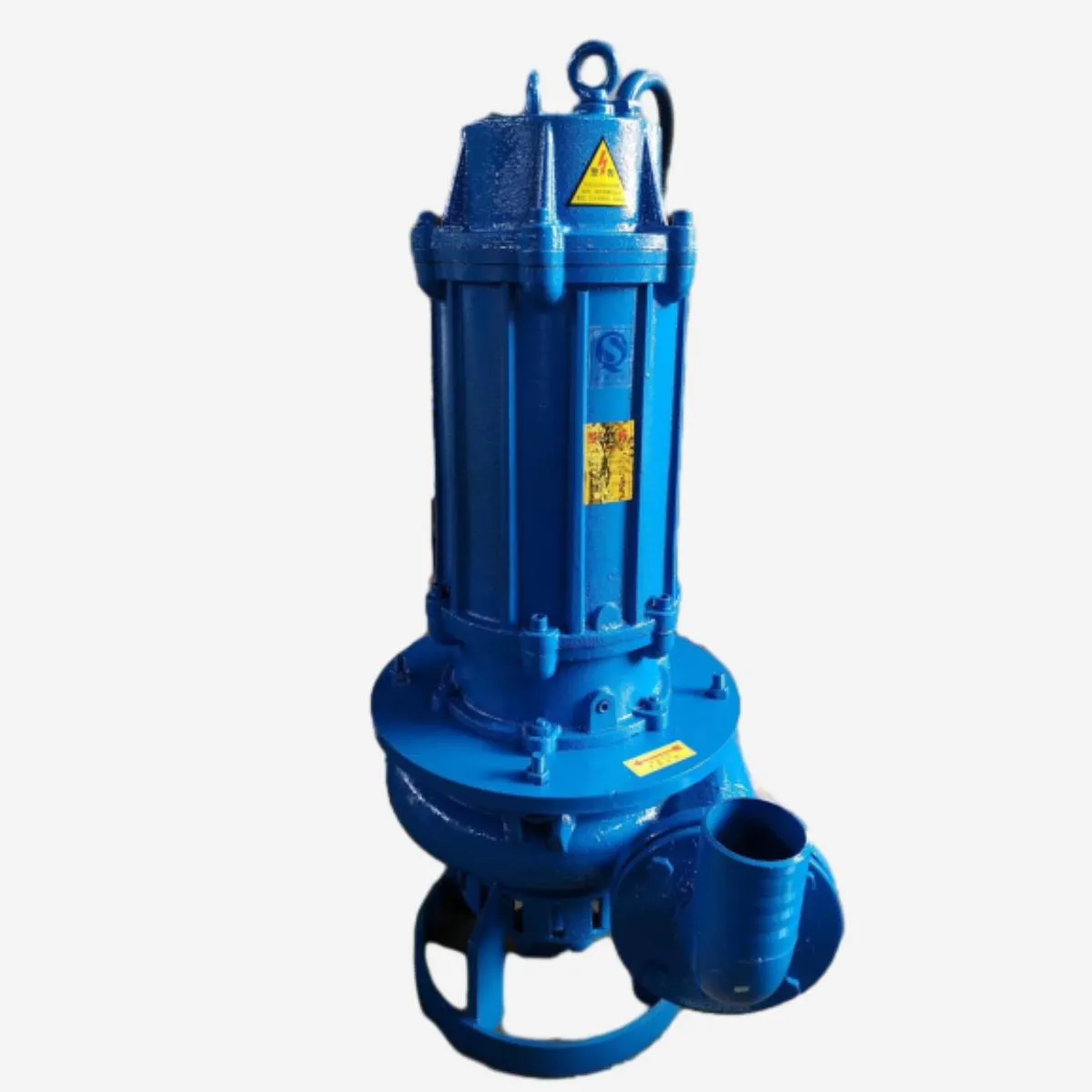English
- Afrikaans
- Albanian
- Amharic
- Arabic
- Armenian
- Azerbaijani
- Basque
- Belarusian
- Bengali
- Bosnian
- Bulgarian
- Catalan
- Cebuano
- Corsican
- Croatian
- Czech
- Danish
- Dutch
- English
- Esperanto
- Estonian
- Finnish
- French
- Frisian
- Galician
- Georgian
- German
- Greek
- Gujarati
- Haitian Creole
- hausa
- hawaiian
- Hebrew
- Hindi
- Miao
- Hungarian
- Icelandic
- igbo
- Indonesian
- irish
- Italian
- Japanese
- Javanese
- Kannada
- kazakh
- Khmer
- Rwandese
- Korean
- Kurdish
- Kyrgyz
- Lao
- Latin
- Latvian
- Lithuanian
- Luxembourgish
- Macedonian
- Malgashi
- Malay
- Malayalam
- Maltese
- Maori
- Marathi
- Mongolian
- Myanmar
- Nepali
- Norwegian
- Norwegian
- Occitan
- Pashto
- Persian
- Polish
- Portuguese
- Punjabi
- Romanian
- Russian
- Samoan
- Scottish Gaelic
- Serbian
- Sesotho
- Shona
- Sindhi
- Sinhala
- Slovak
- Slovenian
- Somali
- Spanish
- Sundanese
- Swahili
- Swedish
- Tagalog
- Tajik
- Tamil
- Tatar
- Telugu
- Thai
- Turkish
- Turkmen
- Ukrainian
- Urdu
- Uighur
- Uzbek
- Vietnamese
- Welsh
- Bantu
- Yiddish
- Yoruba
- Zulu
Telephone: +86 13120555503
Email: frank@cypump.com
Nov . 21, 2024 05:33 Back to list
chemical resistant pumps
Chemical Resistant Pumps Essential Solutions for Industrial Applications
In today’s industrial landscape, the need for reliable and efficient pumps is paramount, especially in sectors handling corrosive substances. Chemical resistant pumps are specifically designed to withstand the harsh conditions imposed by aggressive chemicals, ensuring safety, efficiency, and longevity in various applications. This article explores the importance of chemical resistant pumps, their applications, types, and maintenance practices.
Importance of Chemical Resistant Pumps
Chemical resistant pumps play a crucial role in industries such as chemical manufacturing, pharmaceuticals, oil and gas, and wastewater treatment. These pumps are engineered to resist corrosion, erosion, and degradation caused by chemicals, thereby preventing leaks and spills that could lead to environmental damage and worker safety issues. Moreover, using the right chemical resistant pump can enhance operational efficiency, reduce downtime, and minimize replacement costs, making them an indispensable asset in any facility handling hazardous materials.
Applications of Chemical Resistant Pumps
Chemical resistant pumps are employed in a wide range of applications, including
1. Chemical Processing In chemical manufacturing plants, pumps are used to transfer, mix, and process chemicals. Highly specialized chemical resistant pumps can handle aggressive materials like acids, bases, and solvents with ease.
2. Pharmaceuticals The pharmaceutical industry requires precision and safety when handling active ingredients. Chemical resistant pumps ensure contamination-free processes and compliance with strict regulatory standards.
3. Oil and Gas These pumps are essential in the extraction and transportation of crude oil and natural gas, where corrosive agents pose significant challenges.
4. Wastewater Treatment In the treatment of industrial wastewater, chemical resistant pumps handle corrosive waste materials, ensuring safe and effective water purification processes.
5. Food and Beverage Although often overlooked, certain food and beverage processes involve chemicals that require pumps with resistance to corrosion and cleanliness standards.
Types of Chemical Resistant Pumps
Chemical resistant pumps come in several types, each suited for specific applications and fluid characteristics. Here are some common types
chemical resistant pumps

1. Diaphragm Pumps Known for their ability to handle viscous and abrasive fluids, diaphragm pumps utilize a flexible diaphragm to create a vacuum that draws fluids into the pump chamber. This design minimizes the risk of contamination and ensures a leak-free operation.
2. Peristaltic Pumps These pumps function by compressing a flexible tube to move fluids. They are ideal for transferring shear-sensitive and abrasive fluids, making them suitable for delicate chemical applications.
3. Magnetic Drive Pumps These pumps utilize magnetic coupling to eliminate the need for mechanical seals, reducing the possibility of leakage. They are particularly effective for handling hazardous and volatile chemicals.
4. Centrifugal Pumps While not all centrifugal pumps are chemical resistant, specific models are designed with corrosion-resistant materials, making them suitable for various chemical applications.
Maintenance Practices for Chemical Resistant Pumps
To ensure the longevity and efficient performance of chemical resistant pumps, regular maintenance is essential. Here are some best practices
1. Routine Inspections Regular inspections can identify potential wear and tear, leaks, or other issues early on. Keeping a maintenance log can help track performance trends.
2. Material Compatibility Checks Confirm that the pump materials are suitable for the chemicals being handled. Using the wrong materials can lead to rapid degradation and pump failure.
3. Proper Installation Ensure that pumps are installed according to manufacturer guidelines to avoid unnecessary strain on components.
4. Regular Cleaning Regularly clean the pump and surrounding areas to prevent chemical build-up and corrosion.
5. Monitoring Performance Keep an eye on flow rates, pressure, and temperature to detect any irregularities that may indicate a malfunction.
Conclusion
Chemical resistant pumps are vital components in industries dealing with hazardous substances. Their ability to withstand corrosive agents, enhance safety, and improve efficiency makes them essential for protecting both the environment and human health. By understanding the types available and implementing proper maintenance practices, facilities can ensure optimal performance and longevity, ultimately contributing to the overall success of industrial operations. Whether in chemical processing, pharmaceuticals, or wastewater treatment, investing in high-quality chemical resistant pumps pays dividends in safety, reliability, and cost-effectiveness.
-
Reliable Non-Clog Sewage Pumps with GPT-4-Turbo Tech
NewsAug.04,2025
-
High-Performance Air Pumps for Sand & Gravel | Efficient Transport
NewsAug.03,2025
-
ISG Series Vertical Pipeline Pump - Chi Yuan Pumps Co., LTD.|Energy Efficiency, Corrosion Resistance
NewsAug.03,2025
-
ISG Series Pipeline Pump - Chi Yuan Pumps | Energy Efficiency&Compact Design
NewsAug.03,2025
-
ISG Series Vertical Pipeline Pump - Chi Yuan Pumps Co., LTD.|High Efficiency, Low Noise, Durable
NewsAug.02,2025
-
ISG Series Vertical Pipeline Pump - Chi Yuan Pumps | High Efficiency, Low Noise
NewsAug.02,2025










